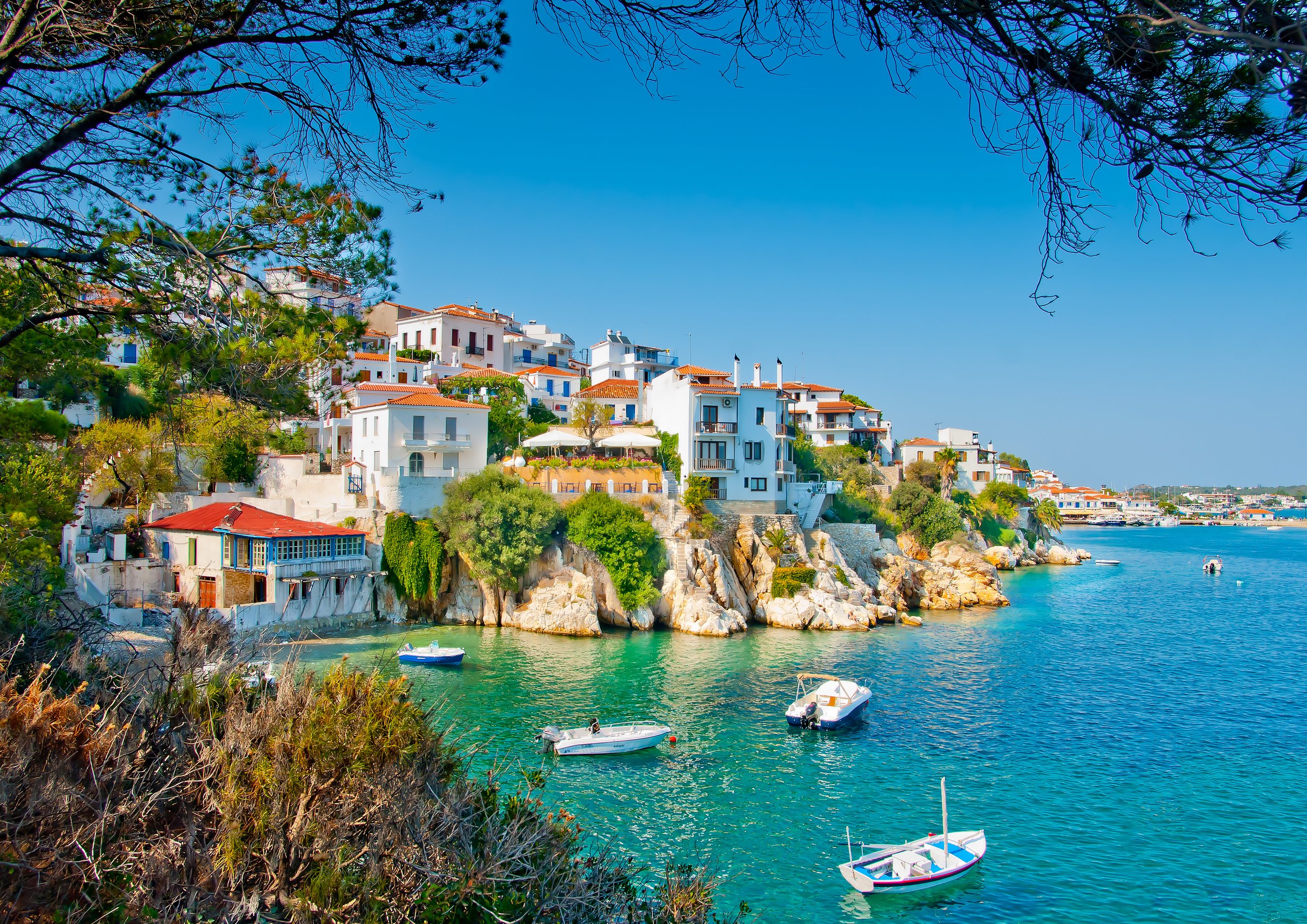In 2024, the Portuguese government launched the Incentivised Tax Status (ITS). The scheme was specially designed to attract high-earning individuals to bring their businesses and expertise to Portugal.
If you’re thinking about moving abroad, the big question you need to ask yourself is: ‘Will ITS mean you have more money living in Portugal?’
After all, just one of the benefits of ITS is a 20% cap of income tax on your earnings. This is significantly lower than many European countries, meaning more money in your pocket. But as we learned in our recent webinar on the ins and outs of the new ITS scheme, it’s not as straightforward as that..
Tax expert Robin Thornton breaks it down for us. A partner at Holborn Assets, Thornton has helped many clients relocate to Portugal since ITS launched last year, so he is well placed to answer our question.

“It depends where your home country is,” Thornton begins. “I used to live in Dubai and paid zero income tax, but it was very expensive to live there.” Other countries charge more in income tax, but those fees go towards the local infrastructure that makes operating a business possible.
Before even thinking whether you will be better off financially, Thornton explains, you need to work out if you will be able to earn as much money as you are currently if you were to move to Portugal. “If someone has a business, can they duplicate that from their home country as a resident of Portugal?”
Anyone looking to relocate to Portugal needs to ask themselves: “Is there good infrastructure, good communications, good networking opportunities?” Thornton says. If the business they run involves shipping and manufacturing, for instance, they need to find out basics like “Can I sell this product, can I buy that product and move it freely around?
“Those are the fluffy things that go around a situation.”
Thornton puts it another way: “I used to tell people on my team that ‘I want to pay a lot of tax’. They would look at me strangely [when I said that]. ‘Because it means I’m making a lot of money!’.
“I’d love to be turning over hundreds of thousands a year with clients and business and paying a lot of tax,” Thornton continues. “I want to manage that tax but it’s also about the opportunities of that.”
If Portugal is somewhere you can grow your business—and manage the tax on those increased earnings—then its new tax scheme could be hugely beneficial to your finances.
If you’re into the €80,000 a year bracket and upwards, yes, it’s going to be cheaper
So, the answer to the question of whether you will better off thanks to ITS isn’t a simple yes or no, it will depend on your circumstances. And Thornton advises speaking to a tax advisor, such as himself, to see how it will impact your earnings.

However, he didn’t leave us on that note of ambiguity. “Generally speaking,” Thornton says, “based on the numbers I’ve worked out for clients previously, if you’re into the €80,000 a year bracket and upwards, yes, it’s going to be cheaper. This is because you’re capping that income tax at 20%.
“Quite frankly, the more you earn, the more beneficial it would be in Portugal than [other countries].”
To learn a lot more about Portugal’s Incentivised Tax Status, be sure to watch our webinar. Thornton talks through the scheme, who qualifies for it and how to apply for it.








